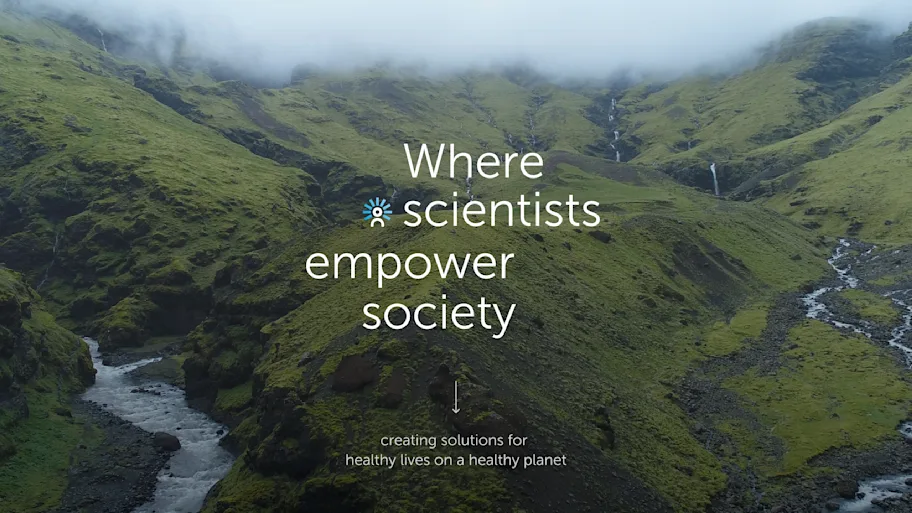
- Science News
- Research Topics
- Five Research Topics exploring the science of mental health
Five Research Topics exploring the science of mental health

Mental wellbeing is increasingly recognized as an essential aspect of our overall health. It supports our ability to handle challenges, build strong relationships, and live more fulfilling lives. The World Health Organization (WHO) emphasizes the importance of mental health by acknowledging it as a fundamental human right.
This Mental Health Awareness Week, we highlight the remarkable work of scientists driving open research that helps everyone achieve better mental health.
Here are five Research Topics that study themes including how we adapt to a changing world, the impact of loneliness on our wellbeing, and the connection between our diet and mental health.
All articles are openly available to view and download.
1 | Community Series in Mental Health Promotion and Protection, volume II
40.300 views | 16 articles
There is no health without mental health. Thus, this Research Topic collects ideas and research related to strategies that promote mental health across all disciplines. The goal is to raise awareness about mental health promotion and protection to ensure its incorporation in national mental health policies.
This topic is of relevance given the mental health crisis being experienced across the world right now. A reality that has prompted the WHO to declare that health is a state of complete physical, mental, and social wellbeing.
2 | Dietary and Metabolic Approaches for Mental Health Conditions
176.800 views | 11 articles
There is increased recognition that mental health disorders are, at least in part, a form of diet-related disease. For this reason, we focus attention on a Research Topic that examines the mechanistic interplay between dietary patterns and mental health conditions.
There is a clear consensus that the quality, quantity, and even timing of our human feeding patterns directly impact how brains function. But despite the epidemiological and mechanistic links between mental health and diet-related diseases, these two are often perceived as separate medical issues.
Even more urgent, public health messaging and clinical treatments for mental health conditions place relatively little emphasis on formulating nutrition to ease the underlying drivers of mental health conditions.
3 | Comparing Mental Health Cross-Culturally
94.000 views | 15 articles
Although mental health has been widely discussed in later years, how mental health is perceived across different cultures remains to be examined. This Research Topic addresses this gap and deepens our knowledge of mental health by comparing positive and negative psychological constructs cross-culturally.
The definition and understanding of mental health remain to be refined, partially because of a lack of cross-cultural perspectives on mental health. Also, due to the rapid internationalization taking place in the world today, a culturally aware understanding of, and interventions for mental health problems are essential.
4 | Adaption to Change and Coping Strategies: New Resources for Mental Health
85.000 views | 29 articles
In this Research Topic, scientists study a wider range of variables involved in change and adaptation. They examine changes of any type or magnitude whenever the lack of adaptive response diminishes our development and well-being.
Today’s society is characterized by change, and sometimes, the constant changes are difficult to assimilate. This may be why feelings of frustration and defenselessness appear in the face of the impossibility of responding adequately to the requirements of a changing society.
Therefore, society must develop an updated notion of the processes inherent to changing developmental environments, personal skills, resources, and strategies. This know-how is crucial for achieving and maintaining balanced mental health.
5 | Mental Health Equity
29.900 views | 10 articles
The goal of this Research Topic is to move beyond a synthesis of what is already known about mental health in the context of health equity. Rather, the focus here is on transformative solutions, recommendations, and applied research that have real world implications on policy, practice, and future scholarship.
Attention in the field to upstream factors and the role of social and structural determinants of health in influencing health outcomes, combined with an influx of innovation –particularly the digitalization of healthcare—presents a unique opportunity to solve pressing issues in mental health through a health equity lens.
The topic is opportune because factors such as structural racism and climate change have disproportionately negatively impacted marginalized communities across the world, including Black, Indigenous, People of Color (BIPOC), LGBTQ+, people with disabilities, and transition-age youth and young adults. As a result, existing disparities in mental health have exacerbated.






